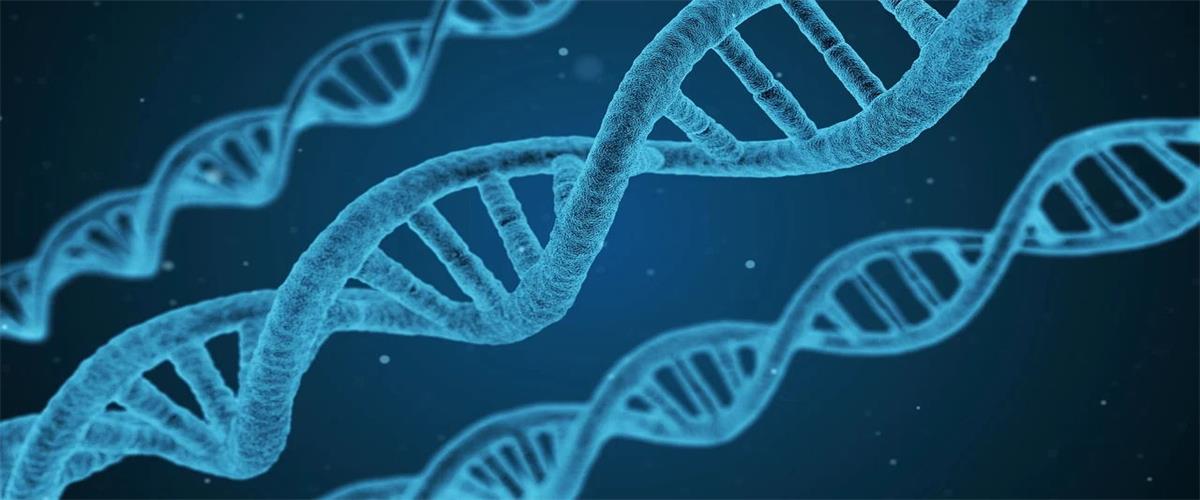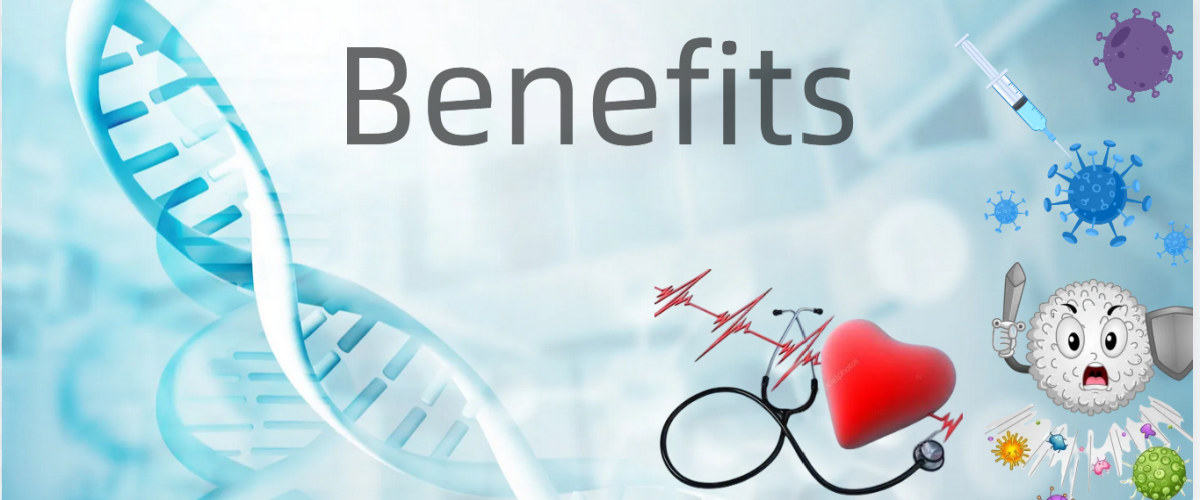Deazaflavins, synthetic analogs of riboflavin, become key players in enzymatic catalysis and redox reactions. Their unique structure and redox properties make them ideal cofactors for various enzymes for efficient electron transfer and catalytic activity. holds great promise in the field of pharmacology. Its potential as an antioxidant and regulator of cellular metabolism opens new avenues for research and therapeutic intervention.
Deazaflavin, a derivative of riboflavin and an important analogue of natural flavin, has unique properties that have attracted the attention of researchers in various research fields. Deazaflavin, also known as 7,8-dimethyl-8-hydroxy-5-deazariboflavin, is named after the 7th nitrogen atom of the isoalloxazine ring of riboflavin is replaced by a carbon atom.
This structural change distinguishes it from its riboflavin counterpart and gives it unique chemical properties. With its unique structure, deazaflavin plays an important role in many biological processes.
Deazaflavin is a yellow-orange compound with a molecular formula of C16H13N3O2, which is characterized by a phenolic hydroxyl group at the 8-position.
One of the prominent functions of deazaflavin is to participate in the biosynthesis of cofactor F420, which is present in some bacteria, archaea and lower eukaryotes. As an important electron carrier,F420 plays a role in redox reactions and rapidly transfers electrons between enzymes. The presence of deazaflavin is essential for the final step of F420 synthesis, converting riboflavin to F420 and increasing its multiple biological functions.
Potential benefits of deazaflavin:
●prevent disease
●Boosts Cellular Energy Production
●Antioxidant and anti-inflammatory properties
●Promotes Brain Health and Function
●immune system support
1. Anti-aging / anti-aging
5-Desaflavin powder is a powerful anti-aging ingredient that is gaining popularity in the health and wellness industry. It is known to boost the body's production of NAD+, a coenzyme that plays a vital role in energy metabolism and cellular repair.
2. Prevent disease
Deazaflavins play an important role in the process of erythropoiesis. It helps maintain the normal formation and function of red blood cells and prevents related diseases such as anemia.
3. Boosts Cellular Energy Production
One of the main mechanisms by which deazaflavin exerts its health benefits is by enhancing cellular energy production. Like riboflavin, deazaflavin acts as an important coenzyme in cellular metabolism. By participating in the electron transport chain and other enzymatic reactions, deazaflavin promotes efficient energy production, ensuring optimal cellular function. This property not only helps fight fatigue, but also supports overall vitality and well-being.
4. Antioxidant and anti-inflammatory properties
Studies have shown that deazaflavin has potent antioxidant properties that play a vital role in reducing oxidative stress and combating the harmful effects of free radicals in the body. Oxidative stress is closely associated with a variety of chronic diseases, including cardiovascular disease, neurodegenerative disease, and cancer. The free radical-scavenging ability of deazaflavin may help protect the body from these diseases and support overall longevity.
Additionally, new research shows that Deazaflavin has anti-inflammatory properties. Chronic inflammation is a contributing factor to many health problems. By modulating the inflammatory response, deazaflavin may help treat and prevent diseases such as arthritis, asthma, and autoimmune diseases.
5. Promotes Brain Health and Function
The potential neuroprotective effects of deazaflavin are also of interest to researchers studying cognition and brain health. Neurodegenerative diseases such as Alzheimer's disease and Parkinson's disease have become major health problems worldwide. The ability of deazaflavins to enhance cellular energy production as well as antioxidant and anti-inflammatory properties make them promising candidates for alleviating the deleterious effects of these diseases.
Additionally, preliminary research suggests that Deazaflavin may support memory and cognitive function, making it a potential ally in combating age-related cognitive decline and enhancing overall brain health. However, more comprehensive research is needed to fully understand the extent of deazaflavin's effects on brain health.
6. Immune System Support
Our immune system is our body's defense system against infection and disease. The role of deazaflavin as a key coenzyme in various enzymatic reactions also extends to immune system function. Supporting a strong immune response is critical to maintaining optimal health and preventing disease. By promoting energy production and overall cellular health, deazaflavins may play an important role in supporting immune function and enhancing our body's ability to fight off pathogens.
Deazaflavin is an important nutrient that plays a vital role in various physiological processes. The following are some potential consequences and symptoms of deazaflavin deficiency:
Skin and mucous membrane problems: Deazaflavin deficiency can lead to the development of skin disorders such as dermatitis, dry or chapped lips, and sore throat. Affected areas of skin may become dry, scaly, or inflamed.
Eye problems: In severe cases, deazaflavin deficiency can cause eye-related problems such as photosensitivity and blurred vision.
Anemia: Deazaflavin is essential for the production of red blood cells. Its deficiency can lead to anemia, which is characterized by low red blood cell counts and decreased ability to carry oxygen, leading to fatigue, weakness and shortness of breath.
Mouth and oral health problems: Deazaflavins deficiency may lead to the development of oral health problems such as glossitis (inflammation of the tongue), cracked lips, and mouth sores.
Neurologic symptoms: Although rare, severe deazaflavin deficiency can affect the nervous system, causing neurologic symptoms such as cognitive impairment, confusion, and neurological damage.
Deazaflavin is a chemically modified form of riboflavin (also known as vitamin B2). It is used as a cofactor for various enzymes in biotechnology and molecular biology applications. Here are some general guidelines on how to use deazaflavin:
Make sure you have fresh, high-quality stock solutions available before using deazaflavin. Desaflavin is usually available in powder or solid form, so you may need to dissolve it in a suitable solvent, such as water or a buffered solution. If available, follow manufacturer's instructions for reconstitution.
Deazaflavins are sensitive to light, heat and oxidation. Therefore, it is important to store the solution in a dark, cool place and protect it from prolonged exposure to the air. Consider aliquoting the stock solution into smaller disposable portions to minimize degradation.
The specific concentration of deazaflavin required may vary depending on the enzyme or reaction being studied. It is recommended to consult the literature or consult an expert in the desired application to determine the appropriate concentration range.
Deazaflavins are typically used by adding them to reaction mixtures or enzymatic assay systems. Incubation times may vary depending on the specific experimental protocol. Follow the manufacturer's instructions or consult the relevant literature for optimal incubation times and conditions.
It is important to include appropriate control responses or control groups without deazaflavin in the experimental design. These controls will help you differentiate the effects caused by deazaflavin from other factors in your system.
Document experimental conditions, observations, and results in a well-documented format. Carefully analyze and interpret data obtained from experiments, comparing results with appropriate controls.
Note that these are general guidelines and specific usage and protocols may vary depending on your specific experimental setup and intended application. Be sure to consult the relevant literature or seek the advice of an expert in your field for the most accurate instructions for a particular experiment.
Safety of deazaflavin
When considering the safety of deazaflavin, it is important to note that the compound has undergone rigorous preclinical and animal testing to determine its toxicity and potential adverse effects. These studies reported no observable acute or chronic toxicity, highlighting the compound's overall safety profile. However, it is crucial to conduct further clinical trials to evaluate its safety in humans.
deazaflavin side effects:
While preclinical studies have not reported any significant side effects of deazaflavin, it is important to be cautious about its use. As with any compound, further clinical trials are needed to assess its safety in humans and identify any potential side effects or drug interactions. Proper dosing, administration and patient monitoring will be key to ensuring its safe use.
Q: How long does it take for deazaflavin to work?
A: The effects of Calcium deazaflavin can vary depending on the individual, dosage, and method of administration. However, typically, it is believed that deazaflavin may take anywhere from a few minutes to a few hours to start working. It is recommended to consult with a healthcare professional or follow the instructions provided by the manufacturer for more specific information on how long it takes for this compound to take effect.
Disclaimer: This article is for informational purposes only and should not be considered medical advice. Always consult a healthcare professional before using any supplements or changing your healthcare regimen.
Post time: Jul-10-2023








